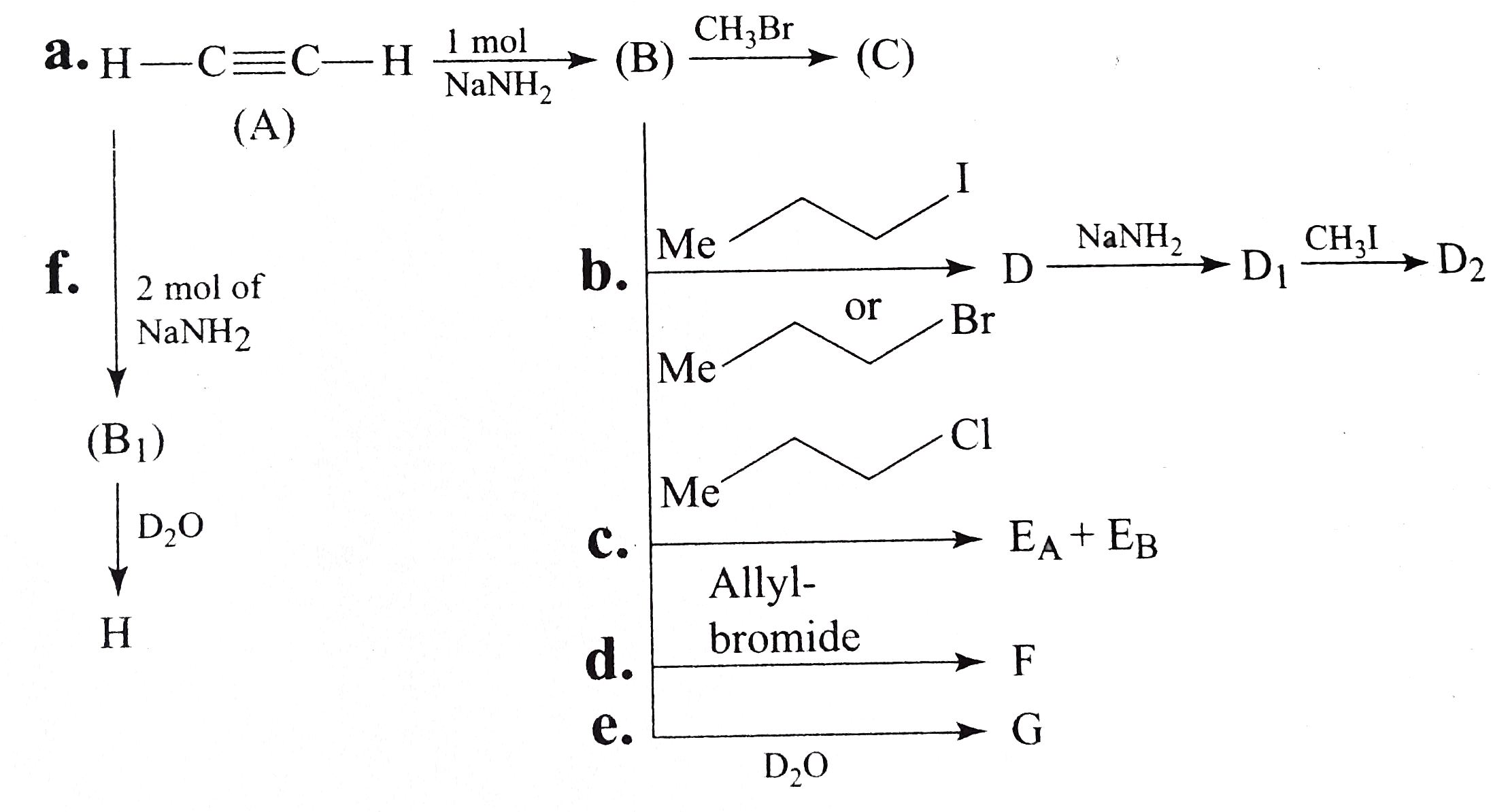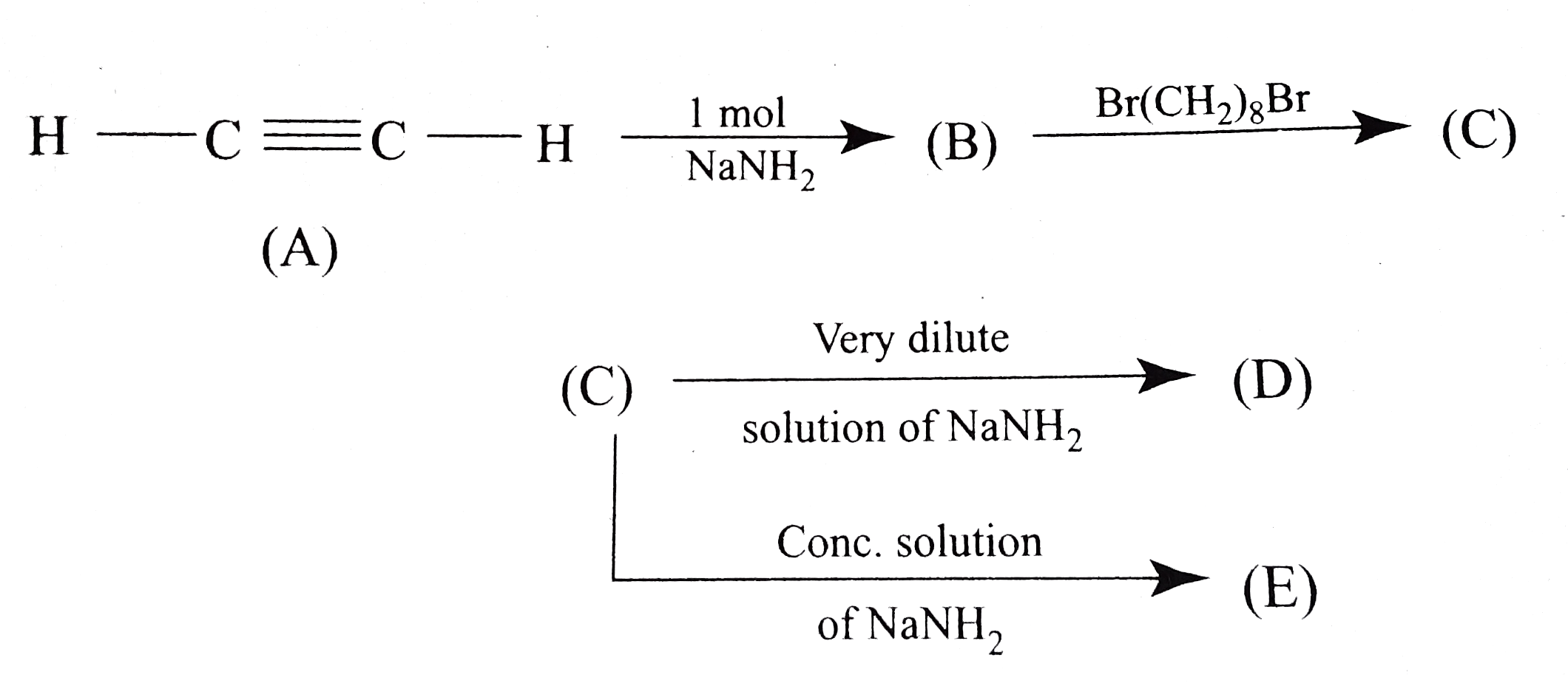If A, G and H are respectively arithmetic , geometric and harmonic means between a and b both being unequal and positive, then
A=a+b2⇒a+b=2A,G=√ab⇒ab=G2 and H=2aba+b⇒G2=AH.
From above discussion we can say that a , b are the roots of the equation x2−2Ax+G2=0
Now, quadratic equation x2−Px+Q=0 and quadratic equation a(b−c)x2+b(c−a)x+c(a−b)=0 have a root common and satisfy the relation b =2aca+c, where a, b, c are real numbers.
The value of [P] is (where [.] denotes the greatest integer function)Solution in Bengali
-2
-1
2
1
The correct Answer is:C
Step by step video, text & image solution for If A, G and H are respectively arithmetic , geometric and harmonic means between a and b both being unequal and positive, then A = (a+b)/2 rArr a + b = 2A , G = sqrtab rArr ab = G^2 and H = (2ab)/(a + b) rArr G^2 = AH. From above discussion we can say that a , b are the roots of the equation x^2 - 2A x + G^2 = 0 Now, quadratic equation x^2 - Px + Q = 0 and quadratic equation a(b-c)x^2 + b(c - a)x + c(a-b) = 0 have a root common and satisfy the relation b =(2ac)/(a+c), where a, b, c are real numbers. The value of [P] is (where [.] denotes the greatest integer function) by Maths experts to help you in doubts & scoring excellent marks in Class 11 exams.
Updated on:21/07/2023Topper's Solved these Questions
Similar Questions
An um contains 30 tickets numbered 1 to 30 two tickets are drawn at random the probability that both the numbers are prime is
View SolutionSolve the equation 4x2+9=0 by factorisation mathod .
View SolutionLet A,G,H be the arithmetic, geometric and harmonic means of two positive no. a and b then A≥G≥H
View SolutionIf A and G are respectively arithmetic and geometric mean between positive no. a and b ; then the quadratic equation having a,b as its roots is x2−2Ax+G2=0.
View SolutionStatement-l: a and b are two numbers and A ,G,H represents Arthmetic,Geometric and Harmonic means between a and b.If A-G=(3)/(2) and G-H=(6)/(5) then the numbers are 24 and 6. Statement-II: The Arithmetic,Geometric and Harmonic means between a and b is (a+b)/(2),sqrt(ab) and (2ab)/(a+b)
View SolutionComplete the following reactions: a. H−C(A)≡C−H1mol−−−−→NaNH2(B)CH3Br−−−→(C)

g. H−C≡C(A)−H1mol−−−−→NaNH2(B)Br(CH2)8Br−−−−−−−−→(C)

View SolutionIf A, g and H are respectively arithmetic ,
geometric and harmomic means between a and b
both being unequal and positive, then
A=a+b2⇒a+b=2A
G=√ab⇒G2=ab
H=2aba+b⇒G2=AH
On the basis of above information answer the following questions .
If the geometric mean and harmonic means of two number are 16 and 1245 , then the ratio of one number to the other is
View SolutionThe sum of AM and GM of two positive numbers is equal to the difference between the numbers the numbers are in the ratio .
View SolutionIf A, g and H are respectively arithmetic ,
geometric and harmomic means between a and b
both being unequal and positive, then
A=a+b2⇒a+b=2A
G=√ab⇒G2=ab
H=2aba+b⇒G2=AH
On the basis of above information answer the following questions .
The numbers whose A.M. and G.M. are A and G is
View SolutionIf the bond energies of H-H, Br-Br and H-Br are 433, 192 and 364 kJ mol−1 respectively, then ΔH∘ for the reaction :
H2(g)+Br2(g)→2HBr(g) is
View SolutionIf A and G are respectively arithmetic and geometric mean between positive no. a and b ; then the quadratic equation having a,b as its roots is x2−2Ax+G2=0.
View SolutionIf A and G are respectively arithmetic and geometric mean between positive no. a and b ; then the quadratic equation having a,b as its roots is x2−2Ax+G2=0.
View Solutionदो संख्याओं a तथा b का GM व HM क्रमश: 16 व 1245 हैं, तब a:b का मान होगा -
View Solutionदो धनात्मक संख्याओं a तथा b के A.M. तथा G.M. का योग, संख्याओं के अंतर के बराबर है, तब a:b का मान होगा -
View SolutionIf A, G and H are respectively arithmetic , geometric and harmonic means between a and b both being unequal and positive, then
A=a+b2⇒a+b=2A,G=√ab⇒ab=G2 and H=2aba+b⇒G2=AH.
From above discussion we can say that a , b are the roots of the equation x2−2Ax+G2=0
Now, quadratic equation x2−Px+Q=0 and quadratic equation a(b−c)x2+b(c−a)x+c(a−b)=0 have a root common and satisfy the relation b =2aca+c, where a, b, c are real numbers.
The value of [2P - Q] is (where [.] denotes the greatest integer function)
View Solution
